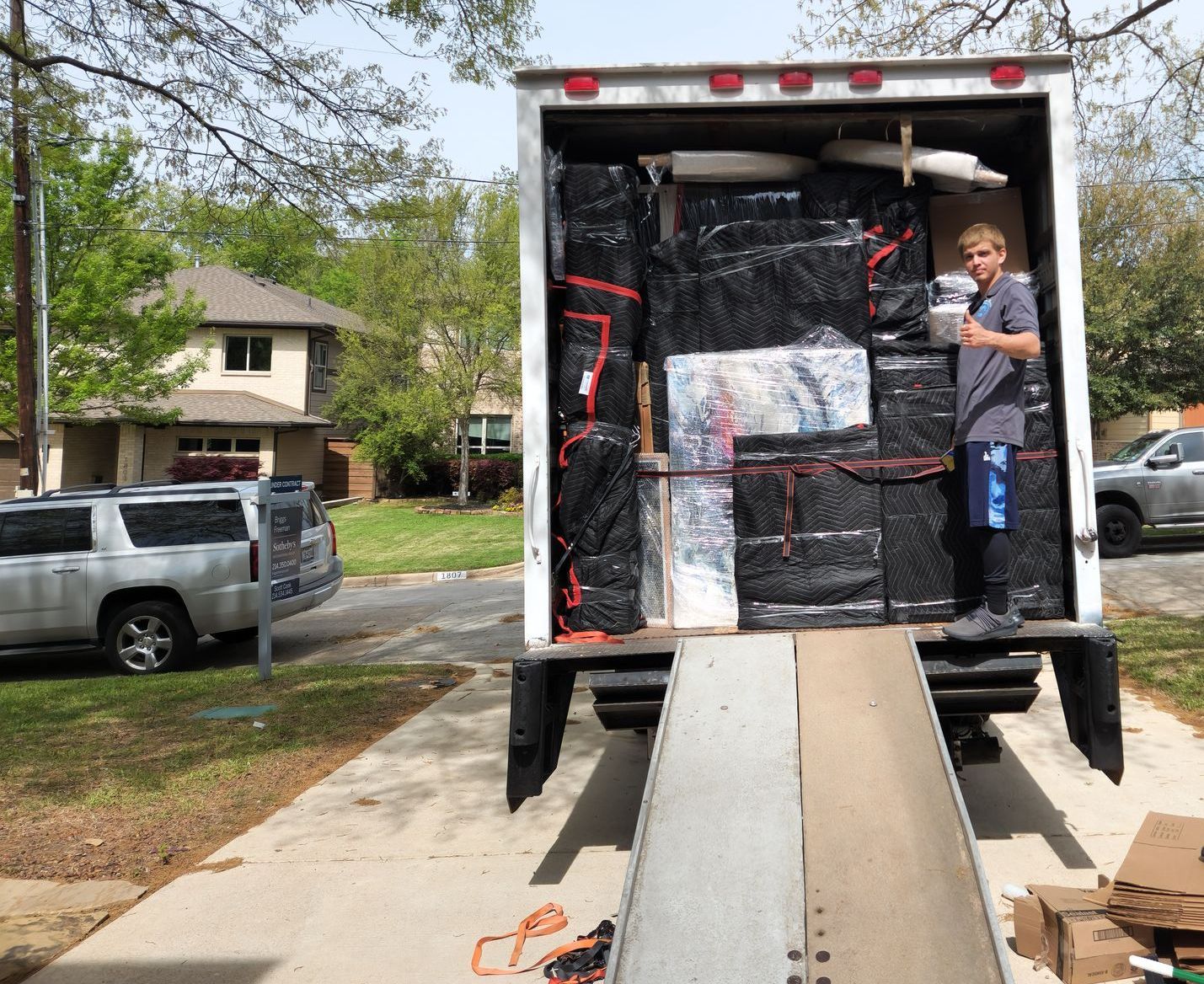Seamless Transition
Your Comprehensive Handbook for a Smooth Move and Stress-Free Unpacking

Moving to a new home is a significant life event that requires careful planning and organization. From packing your belongings to settling into your new space, the process can be both exciting and overwhelming. Here are some detailed tips to help you navigate the moving process smoothly:
1. Create a Comprehensive Moving Plan:
- Develop a detailed plan that includes a timeline, a checklist of tasks, and a budget for the move.
- Break down tasks into manageable steps, focusing on different aspects such as packing, hiring movers, and updating your address.
2. Declutter Before You Pack:
- Before you start packing, go through your belongings and declutter. Donate or sell items you no longer need.
- Decluttering not only reduces the number of items to pack but also helps you start fresh in your new space.
3. Pack Strategically:
- Use sturdy boxes and packing materials to ensure the safety of your belongings during transit.
- Label each box with its contents and the room it belongs to, facilitating an organized unpacking process.
- Pack an essentials box with items you'll need immediately upon arrival, such as toiletries, a change of clothes, and important documents.
4. Consider Professional Movers:
- If your budget allows, hiring professional movers can save you time and physical effort.
- Research moving companies, read reviews, and obtain quotes to find a reliable and affordable option.
5. Notify Relevant Parties of Your Move:
- Update your address with the post office, banks, utility companies, and any subscriptions you have.
- Notify friends, family, and important contacts of your upcoming move.
6. Prepare for Unpacking:
- Take pictures of your current home's setup for reference when arranging furniture in your new home.
- Plan the layout of each room to streamline the unpacking process.
7. Handle Stress Effectively:
- Moving can be stressful, so it's crucial to find ways to manage stress. Consider activities like exercise, meditation, or spending time in nature.
- Delegate tasks to friends or family members to share the workload.
8. Pack a Moving Day Kit:
- Prepare a moving day kit with essentials like snacks, water, important documents, and any medications you may need.
- Keep valuables such as jewelry and important documents with you rather than packing them with the moving truck.
9. Update Your Address and Utilities:
- Ensure your address is updated for all services, including utilities, internet, and insurance.
- Schedule the disconnection of services at your current home and the activation of services at your new residence.
10. Coordinate with Professional Movers:
- If you've hired professional movers, communicate clearly with them regarding logistics, any fragile items, and special instructions.
- Be present or have a representative available on moving day to address any questions or concerns.
11. Label Fragile Items Clearly:
- Clearly mark boxes containing fragile items, and consider packing them separately.
- Use bubble wrap, packing paper, or other protective materials to cushion delicate belongings.
12. Take Inventory of Your Belongings:
- Create an inventory list of all your belongings, especially valuable items.
- This list will be useful for insurance purposes and can help you keep track of your possessions during the move.
13. Dispose of Hazardous Items Properly:
- Dispose of any hazardous materials or items that moving companies may not transport.
- Check local regulations for the proper disposal of items like cleaning supplies, paint, or batteries.
14. Plan for Pet and Plant Care:
- If you have pets or plants, plan for their care during the move.
- Ensure your pets are secure and comfortable during the moving process, and consider transporting plants in your own vehicle.
15. Stay Hydrated and Take Breaks:
- Moving can be physically demanding, so it's essential to stay hydrated and take breaks when needed.
- Listen to your body and avoid overexertion to prevent fatigue and injuries.
16. Pack Essentials Separately:
- Pack a separate box with essential items for the first day at your new home, including toiletries, a change of clothes, and basic kitchen supplies.
- This box will help you avoid digging through numerous boxes to find what you need immediately.
17. Check the Weather Forecast:
- Keep an eye on the weather forecast leading up to your move.
- Be prepared for unexpected weather conditions by having tarps, plastic covers, or extra padding for sensitive items.
18. Secure Important Documents:
- Keep important documents like passports, IDs, and financial records in a secure and easily accessible place.
- Consider using a waterproof and fireproof container to protect these documents during the move.
19. Communicate with Neighbors:
- Inform your neighbors about your move, especially if the process may temporarily disrupt the neighborhood.
- Consider letting them know your new address and exchanging contact information for future correspondence.
20. Plan for Post-Move Cleanup:
- Plan to clean your old home after the move, ensuring you leave it in good condition for the next occupants.
- Schedule garbage removal or recycling services as needed.
21. Set Up Beds and Basic Furniture First:
- Prioritize setting up beds and basic furniture first upon arrival at your new home.
- This ensures you have a comfortable and functional space to rest and relax amidst the unpacking process.
22. Unpack Room by Room:
- Instead of randomly unpacking boxes, tackle one room at a time.
- This approach helps you stay organized and focused, making the unpacking process more manageable.
23. Recycle or Donate Unwanted Items:
- Take the opportunity to declutter and downsize by recycling or donating items you no longer need.
- This not only lightens your load but also benefits others in need.
24. Update Emergency Contacts:
- Update your emergency contact information with local authorities and any relevant institutions.
- Familiarize yourself with emergency services and facilities in your new area.
25. Celebrate Your New Beginning:
- Once the move is complete, take time to celebrate your new beginning.
- Explore your new neighborhood, connect with neighbors, and embrace the positive aspects of your new environment.
By incorporating these additional tips into your moving plan, you'll be well-prepared for a smooth and stress-free transition. Moving can be a challenging process, but with careful planning and organization, you can turn it into a positive and exciting experience. Best of luck with your move!











